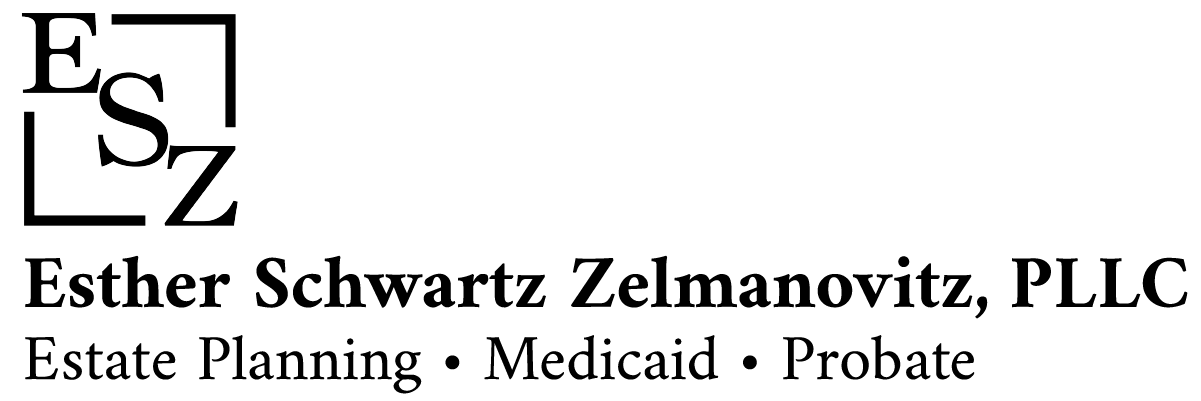When the higher income earning spouse needs nursing home care, the spouse that remains home is often concerned how they will pay his or her expenses. While not very robust in today’s economy, Medicaid does have some protections of income for the healthy spouse or what is known in Medicaid parlance as the “community spouse.”
Medicaid has specific limits on the assets that a community spouse can retain, but the income of the spouse of the Medicaid applicant is not counted when determining the Medicaid applicant’s eligibility. Medicaid only counts the income that is earned or received by the applicant alone to determine eligibility. However, in states such as New York, if the community spouse’s income is more than certain levels, he or she may be required to contribute toward the cost of the nursing home spouse’s care.
But what if the community spouse’s income is very low and the couple’s income is mostly in the name of the spouse that is in the nursing home? The community spouse’s income alone would not be enough to live on.
In such cases, Medicaid provides that the community spouse would be able to retain some or all of the institutionalized spouse’s income. The amount the community spouse is entitled to is known as the minimum monthly maintenance needs allowance or MMMNA, which figure varies by state and may range from a low of $2,288.75 to a high of $3,715.50 a month (in 2023). In New York State, the 2023 community spouse Minimum Monthly Maintenance Needs Allowance (MMMNA) is $3,715.50
If the community spouse’s income is below the state MMMNA, the difference between the MMMNA and his or her income is made up from the nursing home spouse’s income. If the community spouse’s income is at or above the MMMNA, he or she will not be entitled to any of the nursing home spouse’s income, (and may even need to contribute a portion of his or her income to Medicaid).
Example #1: Josh and Naomi Parker, NYS residents, have a joint income of $2,600 a month, $1,900 of which is in Josh’ s name and $700 is in Naomi’s name. Josh enters a nursing home and applies for Medicaid. Naomi is entitled to a MMMNA of $3,715.50 and therefore she may retain all of Josh’s income, which combined income is still below the MMMNA of $3,715.50.
Example #2: Mark and Sue Jones have a joint income of $4,000 a month, $2,800 of Mark’s income and $1,200 of Sue’s income. Mark enters a nursing home and applies for Medicaid. The Medicaid agency allocates $2,515.50 of Mark’s income to Sue’s support to meet the MMMNA ($3,715.50 = $1,200 + $2,515.50).
Example #3: Brian and Barbara White have a joint income of $9,000 a month, $1,200 of which is Brian’s social security and $7,800 is collected by Barbara from her social security and pension. Brian enters a nursing home and applies for Medicaid. Because Barbara’s income is above the MMMNA, the Medicaid agency does not allocate any of Brian’s income to her, and Medicaid budgets his income to be paid to the nursing home (after his $50 Medicaid personal needs allowance and Medicare and supplemental insurance costs are deducted). Further, Barbara may need to contribute a portion of her income to Medicaid.
There are exceptions to the MMMNA as well as many other Medicaid rules, and it is best to contact our office to find out about the best options for your particular situation.
